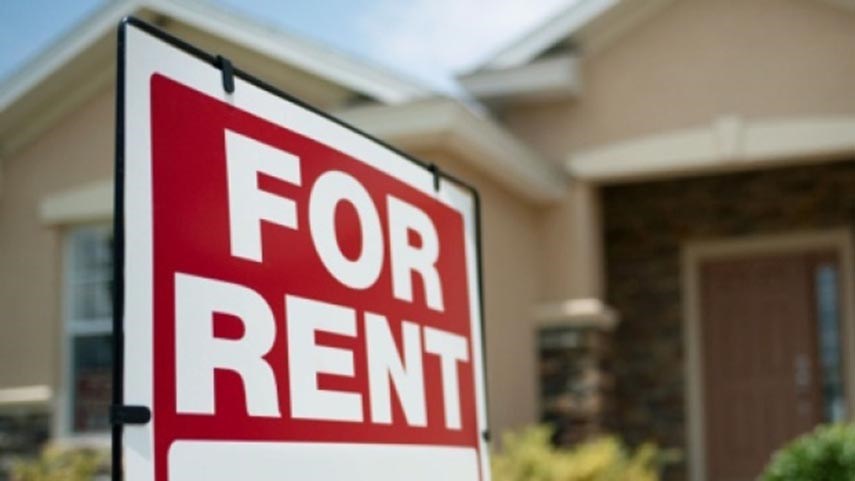Tenants are deeply concerned about the allowable annual rent increase in B.C., which is rising to the highest level in years. However, at least for now, it seems median rental prices in Vancouver have not climbed at a corresponding rate over the past year.
The cost to rent a one-bed unit in Vancouver seems to have stalled – albeit at a nosebleed level – with prices virtually the same as one year ago, according to two separate sources that examine rental prices each month.
Rental website PadMapper’s September monthly rent analysis, released this week, has median one-bedroom rents in Vancouver pegged at $2,050 in August, which is 1.5 per cent higher than in August 2017. Two-bedroom rents in the city are up 2.2 per cent to $3,230.
For comparison, the allowable annual rent increase for sitting tenants is two per cent plus inflation, which in 2018 totalled 4.0 per cent and in 2019 will be 4.5 per cent. This does not include any increases to rents on units between tenancies, which is currently at the discretion of the landlord and not government controlled.
As PadMapper uses only its own listings to calculate median rents, its results can vary month to month. However, another source concurs that rental price growth has slowed greatly and even stopped over the past year.
Louie Dinh, a data analyst at Quantitative Rhetoric, compiles a monthly rental analysis based on online rental advertising listings across multiple sources.
In his latest report, published early September, Dinh said that median advertised rents in Vancouver in August were $1,950 for a one-bedroom, exactly the same as in August 2017. He found that two-bedroom units went for a median of $2,700 per month – up 3.2 per cent year over year. That’s a higher jump than PadMapper’s result for two-bed rent increases, but still below the allowable annual rise.
Dinh also reported that there was a marked surge in rental vacancies, according to his research, which he wrote was a “typical end-of-summer surge in volume.” The number of rental listings in Vancouver increased 10 per cent from July to 5,872, which is 17.6 per cent more than August 2017.
He suggested the increase in rentals is linked to the 30 per cent plunge in housing sales this year in Metro Vancouver compared with 2017.
“Now that [real estate] price growth has stalled, owners have to generate cash flow to cover their costs. Therefore, we should see more rental listings,” Dinh said in a phone interview.
He wrote on his report, “I'm dying to see how the new short-term rental restrictions will affect these numbers. If enforced, the new rules should lead to more listings and hopefully some easing in prices.”
There are now 17,296 new rental units under construction, approved or proposed across Metro Vancouver, the largest purpose-built rental construction blitz in decades. So far this year 1,265 new rentals have opened. However, it could take five years for all the new product to complete.
– With files from Frank O’Brien, Western Investor



